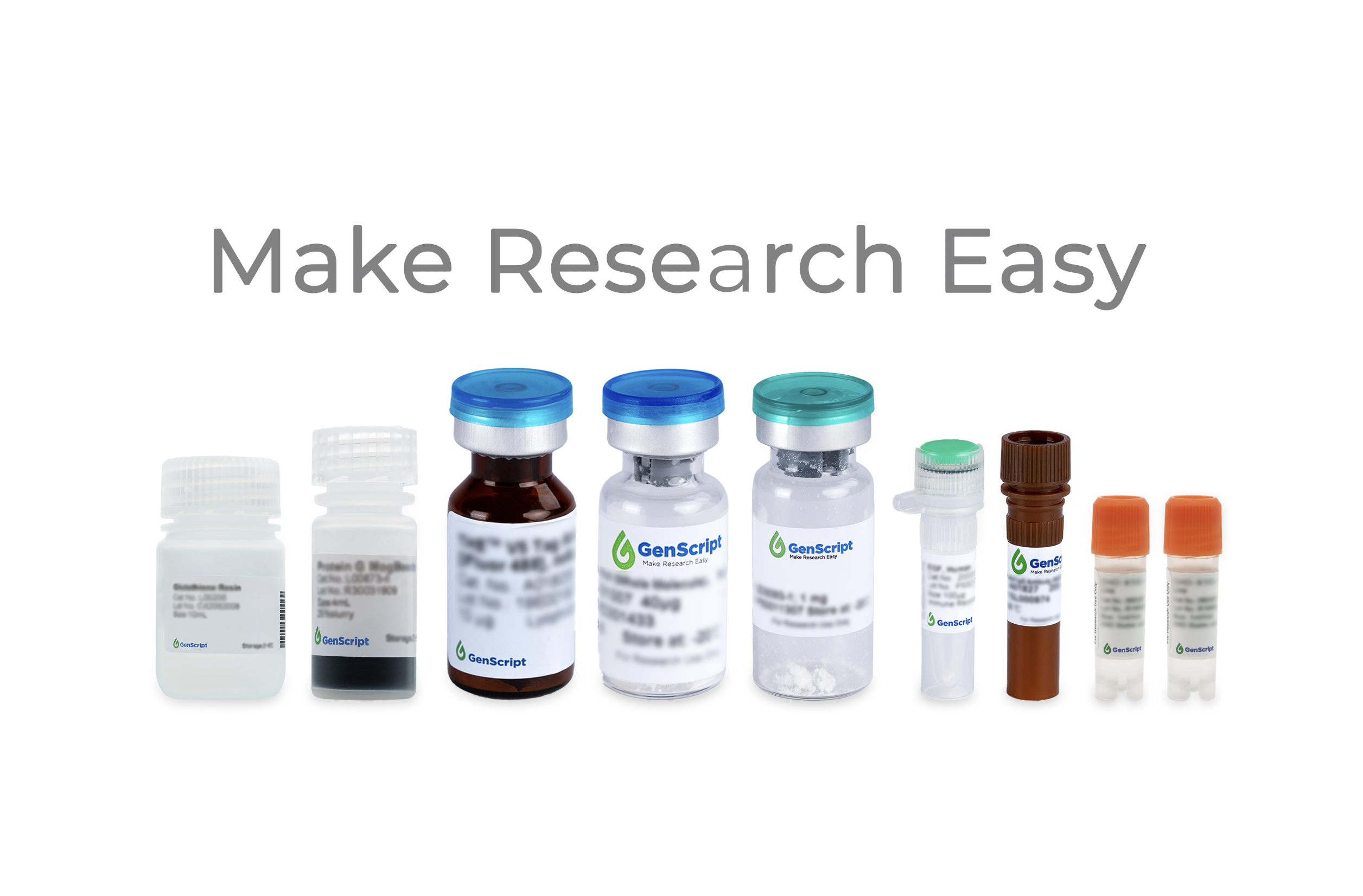CD4 (M5A8), mAb, Mouse
该产品已下架。
CD4 (cluster of differentiation 4) is a single glycoprotein with a molecular weight of 59 kDa. CD antigen is expressed on the surface of T helper cells, monocytes and macrophages. It is a receptor for the Human Immunodeficiency Virus type I (HIV-1) envelope protein gp120. CD4+ T helper cells are an essential part of the human immune system. CD4+ T helper cells bind and activate B cells to create immunoglobulins.
| V02701 | |
|
|
|
|
|
|


































